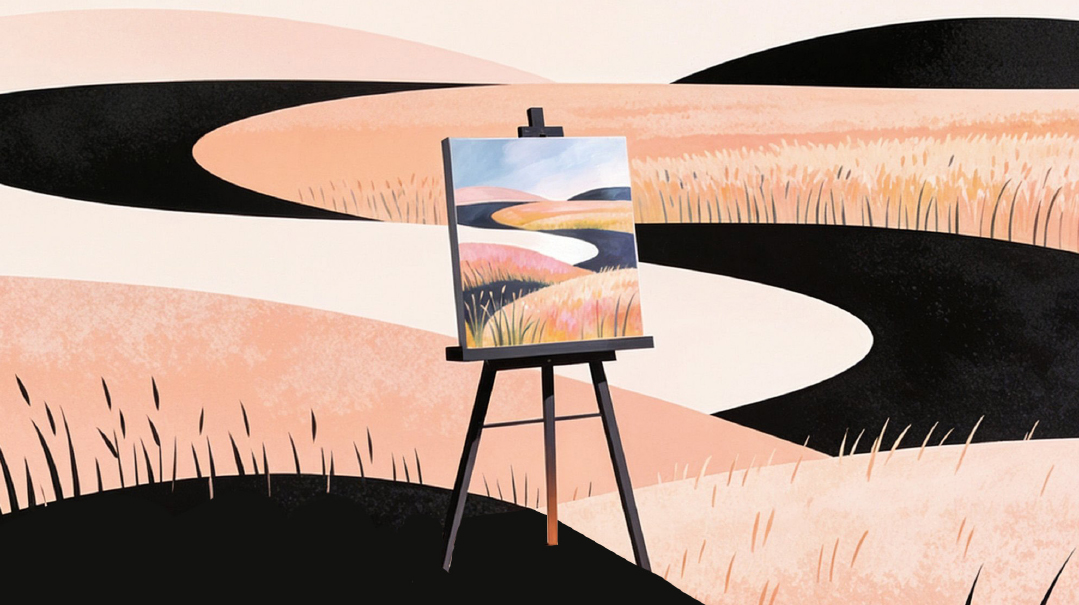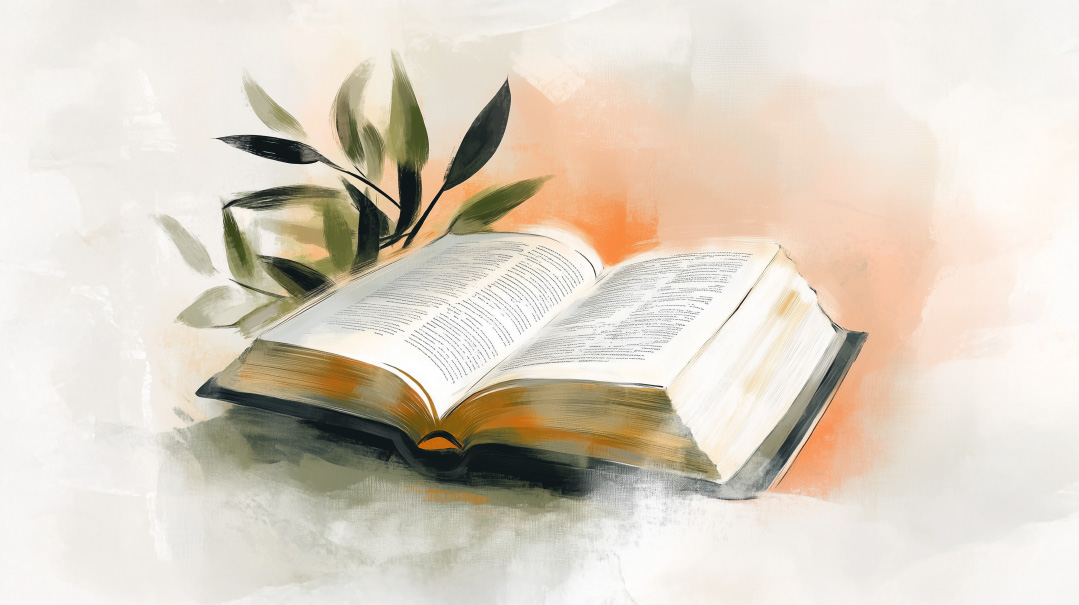Even Though It Hurts
| June 10, 2025Three doses of inspiration to lift the spirit and soul

Even Though It Hurts
When in Pain: Guidance from Piaseczna
Rabbi Meir Kahane
T
was once approached by a student who was feeling guilty for how hurt she was by a family member’s mistreatment of her. If everything Hashem does is for the good, then what right did she have to feel pain, she wondered. Did her painful feelings mean she lacked emunah?
I explained to her that what makes someone a baal emunah isn’t that he doesn’t feel pain because he knows “gam zu l’tovah.” What make him a baal emunah is being able to say that even though it hurts, “gam zu l’tovah.” Admitting that you’re in pain doesn’t make you any less of a maamin. Emunah requires that you see the pain as l’tovah, not that you deny its existence.
In his sefer Aish Kodesh, the Piaseczner Rebbe makes this point when discussing the death of Sarah Imeinu. Rashi (Bereishis 23:2) tells us that Sarah Imeinu’s death was untimely. She heard that Yitzchak was to be killed by Avraham Avinu and was pained so deeply that she died. Nowhere does the Torah shower accolades on an individual like it does on Sarah. But how can that be? Her last day was filled with pain, so much pain that she died from it. Where was her emunah?
We learn from Sarah that it’s not wrong to feel hurt. Emunah didn’t require her not to feel her pain, only to know that it comes from Hashem and that it was for her good. Despite the fact she died from her pain, she is, nevertheless, deemed righteous until her very last day. Clearly, her emunah remained intact despite the pain she was feeling.
The story of Sarah’s death gives us, Sarah’s children, permission to be in pain. If Sarah can hurt, you can, too. The emunah goal in a situation where you’re hurt wouldn’t be to get to a point at which you can say that the pain is from Hashem and it doesn’t hurt, but rather that the pain is from Hashem and even though it hurts, “gam zu l’tovah.”
We Have the Tools
In Search of Happiness
Rebbetzin Aviva Feiner
I
recently heard Rav Rafael Abuchatzeira shlita relate that at his brother’s wedding he took a moment to pause. His mind wandered as he watched the frolicking people. Asking himself where their joyousness stemmed from, he thought, “Surely it’s not the delicious food or beautiful hall that is the root of this simchah! They’re rejoicing at the kedushah of a new couple embarking on their journey to build a bayis ne’eman b’Yisrael.”
In parshas Yisro, Rav Asher Weiss teaches that the greatest joy for a Yid is the realization that they were given what they need to serve Hashem. Rabbi Weiss describes this realization as the “ateres” and “tiferes” of a Jew. How fortunate is the Jew who realizes that this is his crown and his glory! As we say in Shabbos morning davening, Yismach Moshe b’matnas chelko, ki eved ne’eman karasa lo. Serve Hashem b’simchah using what He gave you to serve Him. That was the joy of Moshe Rabbeinu.
The life that Hashem gives us is uniquely ours and is meant to best help us live through our journey of life as ovdei Hashem. When we realize that we have the tools to succeed in this journey, the happiness should uplift us every day.
Many of the pursuits that people often pursue to endeavor to make themselves happy only create insecurities, grief, and Rachmana litzlan can even hurt their health. How fortunate we are to live every day grabbing our opportunities to serve Hashem. The simchah of that only grows and has dividends in Olam Haba, in our life, and in our relationship both with Hashem and the people around us.
Only a Finishing Touch
Personal Development
Rebbetzin Dina Schoonmaker
O
ur psyche is naturally drawn to the dramatic or graphic details of an event. It goes unnoticed when a young girl gets engaged, but if an older single traveling abroad is set up with someone vacationing in the same place, the story elicits interest. We calmly acknowledge the passing of the elderly, while a young person’s tragic death by fire or drowning, chas v’shalom, deeply affects us and becomes widely discussed.
Rav Wolbe teaches that the details surrounding an event are merely the “makeh b’patish” — the final hammer blow that dresses the Divine agenda. When people will get married or leave this world are all part of Hashem’s plan, and while circumstances appear to be the catalysts, they are just accessories — final touches that dress up His decree. Often, we are distracted by these adornments, missing the central truth: Hashem is in control of the entire event.
It’s like noticing a striking necklace on someone; the jewelry doesn’t define the person but is only a finishing touch. Remarks such as, “Had she not traveled to Cyprus, she wouldn’t have met him,” or “More lifeguards could have prevented this,” define the details as the cause rather than embellishments.
When hearing of a dramatic event, it is our job to strip away the external factors and see Hashem behind it all. Once we understand that the accessories didn’t make the event happen, we can then put them back on and wonder: Why did Hashem wrap this decree in such an unusual way?
This is where we’re entitled to seek chizuk from the circumstances — a conceptual insight that inspires us to grow, or a practical takeaway that prompts change in how we handle fire safety and large gatherings. Such a response at the right time gives meaning to the details, while ensuring that they don’t cause us to forget the One true cause.
(Originally featured in Family First, Issue 947)
Oops! We could not locate your form.







